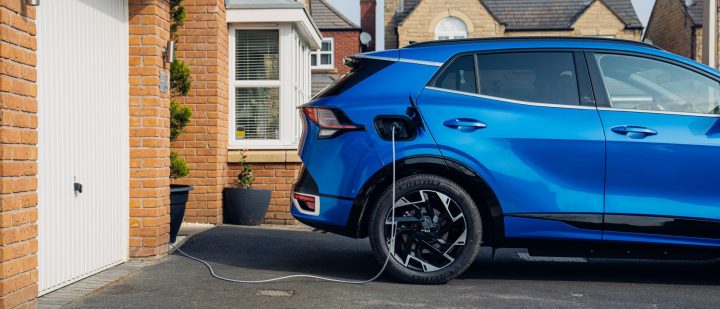Brits’ appetite for electric vehicles appears to be declining with fewer people saying they expect to own an EV in the next decade, according to a recent CarGurus study.
Despite petrol prices reaching record highs and the sale of new petrol and diesel cars banned from 2030, UK motorists’ appetite for EVs has decreased when comparing interest in 2021 versus 2022. Notably, potential ownership in the next five (44% vs 40%) and 10 years (66% vs 59%) both declined.
CarGurus research found the decrease in interest has come largely from the younger generation, with 18-29-year olds’ likelihood of EV adoption in the next 10 years dropping from 74% to 56% (18% decrease).
The drop in possible future EV ownership aligns to the decline in excitement about EVs among Gen Z, decreasing by 26% from 2021 to 2022.
However, research from used car buying platform CarGurus revealed consideration varied by age, as 30-44-year-old car buyers were increasingly open to buying an EV within the next decade, citing a 7% increase (65% to 72%) compared to 12 months ago.
The research also detailed the most important factors that would convince drivers to go electric.
Topping the list of incentives were more availability of charging stations (49%), technology improvements with reference to battery range and charge time (47%), and cost parity with ICE-vehicles (43%).
Tax incentives and rebates (33%) were also noted to be one of the most effective measures of convincing people to make the switch.
This comes following the Government announcement earlier this year that it was closing the plug-in grant scheme to new orders.


